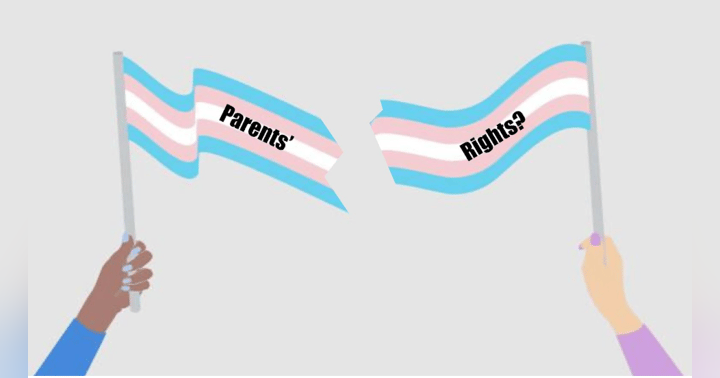WTF Education News: Promotion Policies, Armed Teachers, and Mandatory Anthem Singing

052 WTF Education News: Promotion Policies, Armed Teachers, and Mandatory Anthem Singing
In this post we delve into three education-related news stories that are either influential or just plain odd. Add your opinion in the comments section below. We’d love to hear from you. You can find the episode that goes with this story either by clicking the link here or on any of your favorite podcatchers
Here’s an overview of this episode's stories.
Tennessee Not Sure About Retaining Third-Grade Retention
Tennessee's decision to modify the third-grade retention policy highlights the importance of early intervention in education. Initially, the policy required students who did not pass the state reading test in third grade to be held back, aiming to address the issue of students not reading at grade level. However, implementing this policy faced challenges as a high percentage of students in Tennessee struggled with the test, with many falling in the lowest reading level.
Jen and I discussed the concerns raised about the timing and effectiveness of the retention policy, especially considering the impact of the pandemic on student learning. We suggested that focusing on intervention efforts as early as kindergarten could be more beneficial in addressing reading difficulties and ensuring students are on track with their literacy skills.
Overall, Tennessee's experience with the third-grade retention policy underscores the importance of early intervention in education. By identifying and addressing academic struggles early, educators can better support students in developing essential skills and achieving academic success. This highlights the need for proactive measures and targeted interventions to ensure that all students have the opportunity to thrive in their educational journey.
A New Kind of Professional Development?
Bring your gun to school day or every day! In Ohio, the state approved funding for training public school staff to carry firearms as a deterrent to school shootings. However, we share our opinions on this approach's potential risks and challenges.
One major concern we highlighted was the adequacy of teacher training. We questioned whether the firearm training requirements, which include 24 hours of initial training and 8 hours of annual requalification training, were sufficient to prepare teachers to handle emergencies effectively. Compare this to the level of training that law enforcement officers undergo. Officers are involved in regular and rigorous training to respond to such incidents.
Moreover, what about the emotional stability of some teachers? Although teachers with concealed carry permits are preferred, some may not be emotionally stable. Many have been fine when they obtained their permit, but things and life situations can change. Arming them could pose a risk in a crisis. The potential for accidents or misuse of firearms by unstable or minimally trained individuals is something to consider.
If arming teachers is a viable way to make our schools safer, then schools must initiate comprehensive training, consider teacher suitability, and carefully plan for firearm storage and access to ensure the safety and well-being of students and staff in educational settings.
Mandating the National Anthem to Increase Patriotism?
Iowa is currently looking to mandate the singing of the national anthem in schools to instill patriotism and appreciation for the country's history. While this bill intends to promote patriotism and love for the country, is the forced singing of a patriotic song a reasonable way to do this? We can’t even force students to stand for the pledge. Now you want us to get them to sing, too?
Forcing individuals to do anything is usually not the best way to get them to love what they are doing. We argue that singing the national anthem may not necessarily lead to genuine feelings of patriotism. Singing the anthem could become a routine task rather than a meaningful expression of love for the country. Additionally, some students may feel uncomfortable or embarrassed about singing, which could detract from the intended purpose of instilling patriotism.
The bill does not address the root cause of the issue. While singing the national anthem is symbolic, genuine appreciation for the country's history and values should be cultivated through comprehensive education. Teaching students about the sacrifices made by the founders of the United States, incorporating the country's achievements and challenges, and the contributions of those who served in the armed forces have a more profound impact on their understanding and appreciation of the country.
Simply mandating the singing of the national anthem may not give students a deep understanding of the complexities of patriotism and the country's evolution over time. Engaging students in critical discussions about the nation's past and present is essential to foster a genuine sense of patriotism and appreciation for how the country has grown, changed, and is still working on improving.
Here is a list of all the resources used to make this episode:
- 4th-grade retention changes head to Tennessee governor’s desk - Chalkbeat
- Tennessee governor unveils summer school and tutoring proposals, promises teacher pay hike – Chalkbeat
- Ohio to purchase mobile homes for training public school staff in firearms
- An Iowa bill would make students sing the national anthem every day. One lawmaker sang it



